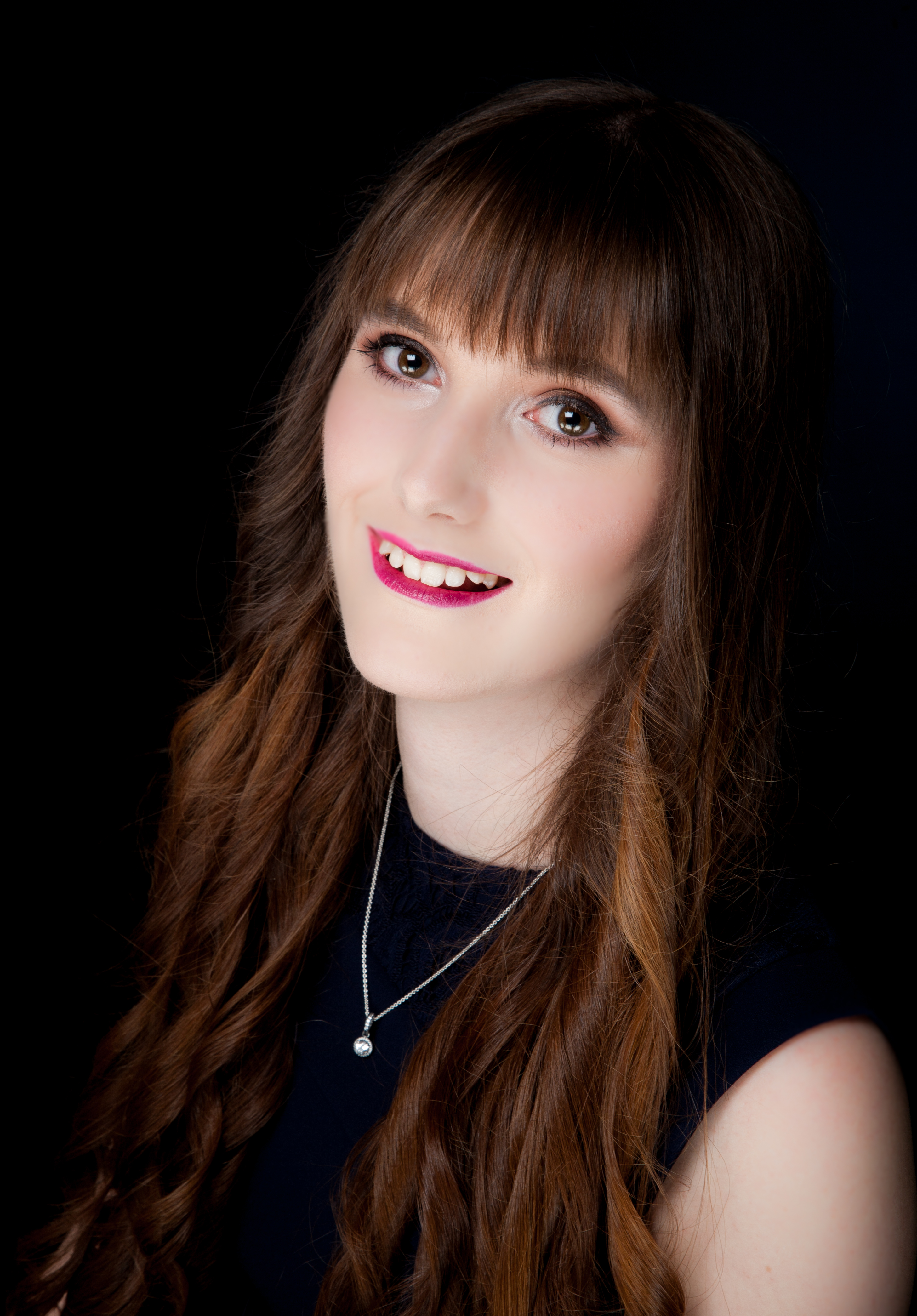I am a young person with autism who is advocating to improve the education system. My personal experience, representing a shambolic education system in terms of supporting neurodivergent students, resonates with many.
The complexities of the school day provoked a heightened state of anxiety; I was reluctant to engage. By the time I arrived at school, after an hours journey, I had already been through all of the stressful motions and had done a day’s work in my mind – simple tasks, like getting out of bed, getting dressed, anticipating what the day ahead had in store for me, getting on the coach with a different driver, sitting silently and rigidly, then quickly rushing to my tutor room in the hope of being invisible, took it out of me completely.
The fact that Mum was in tears every day to ensure I received some sort of education, when I was putting up a fight so that I didn’t have to enter the ‘hell’ was heart-wrenching. A slight change in routine – a different seating plan, a supply teacher, a change in the timetable, caused immense anxiety.
The anxiety, frustration and isolation pained me and forced me into withdrawing from social situations, having a blunt facial expression, speaking so quietly so no-one could hear me or refusing to speak at all and escaping to be on my own at whatever chance I had.
My peers perceived me as being obnoxious, however I was simply unable to express myself and fit into a frightening, overwhelming and daunting environment. The noise, crowds, pace of other students when transitioning to their classrooms scared me; I wanted to abscond. I couldn’t eat lunch for six weeks, making myself physically ill, as I was too fearful of entering the bustling canteen, I was too socially inept to ask peers if I could sit next to them and was too anxious of making a fool of myself. Instead of eating lunch, I would rush to the library and read a book, as my only escapism.
Teachers then wondered why I wasn’t engaging in lessons, not concentrating, wasn’t producing my best work and opting out of activities – my standards dropping wasn’t surprising since I was fatigued, sensory overloaded, anxious and nauseas from not eating.
I despised particular lessons, for example, physical education (PE) and drama, because I was self-conscious. Due to my poor co-ordination, I struggled to get changed for PE and found it challenging to participate in team games because I didn’t understand the rules, I was fearful of being touched/hurt by my peers and I was never quick enough (I couldn’t keep up with everyone else). Drama proved difficult because of my limited social skills; I struggled to understand facial expressions, body language and idioms. I took language literally, which often caused peers to laugh and make comments. Group work and role play was incredibly scary; often I wasn’t invited into groups so was left on my own or my ideas weren’t heard or respected, so I was unable to get involved. My English teacher regularly picked on me to read in front of the class, which they considered as a useful strategy in developing my confidence. Instead, this caused so much anxiety and humiliation that I avoided the class as much as I could.
Due to my social communication and interaction difficulties, I was picked on by three girls who I thought were my friends. I couldn’t understand the difference between a fake friend and a true friend. It was only after they ignored me on a daily basis, spread rumours about me to younger students in the school, warned people off me, spoke badly of one of my friends I had surprisingly managed to make and blamed everything on me that it was explained that maybe these girls weren’t my friends. Although, the damage had already been done. To this day, I find it immensely difficult to develop and maintain friendships for fear of either humiliation or over-attachment.
I received no support, no matter how hard Mum fought; the school special, educational needs co-ordinator (SENCO), responded that they had never had a child like me before and they didn’t know how to handle the situation. The school commented that if I tried harder to fit in, then maybe I wouldn’t be ridiculed. I was left feeling like a burden, struggling to cope on my own.
The traumatic experience I endured has had adverse effects. It has left emotional scars and has increased my vulnerabilities. My ambition is to deliver autism training in mainstream schools, however I am not sure whether this will prove too difficult, as I have very strong, negative associations in this type of environment.
I have recently launched a poetry book documenting my turmoil of emotions as I survived school and college. Tick Tock: It’s Time to Listen aims to give teachers an insight into how students with autism may feel on a daily basis and offer hope to students themselves. I am currently studying a degree in Special Education and want to use my research to write a second book about the ins and outs of the “best time of our lives” – deviating from the common misconception that school is an enjoyable space where valuable learning takes place.
You can find more of Lauren's experiences at A different Perspective
If you have a something that you wish to share, either once off or as a regular contributor, please contact us.



